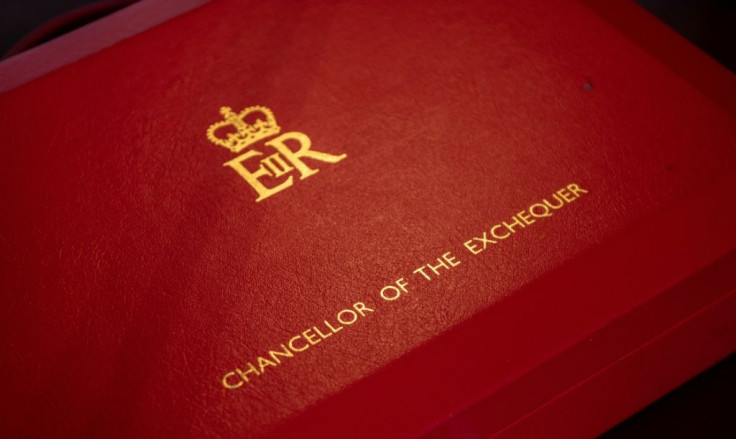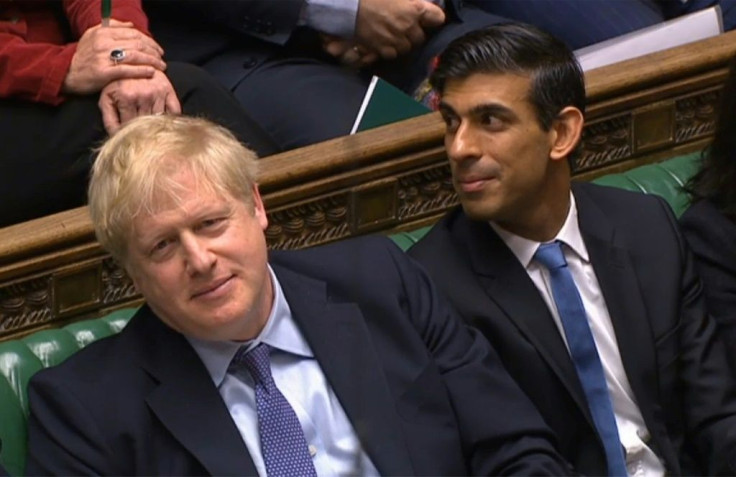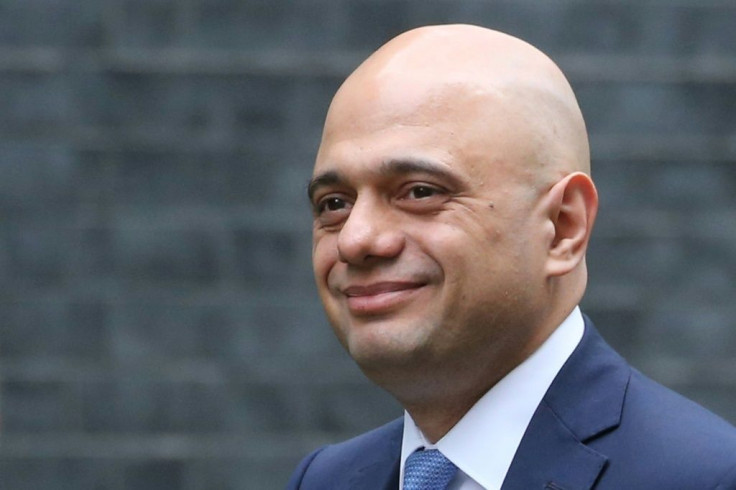UK Seeks To 'Deliver On Promises' In First Post-Brexit Budget

Britain unveils its first post-Brexit budget on Wednesday, with Prime Minister Boris Johnson expected to press ahead with major spending on infrastructure while also addressing the fallout from the coronavirus outbreak.
Finance minister Rishi Sunak will present the budget in parliament after his predecessor Sajid Javid resigned unexpectedly last month.
In a series of interviews on Sunday, the Chancellor of the Exchequer said he would "deliver on the promises" made by Johnson in the run-up to the December election.
The Conservatives vowed to boost productivity in areas outside London through investment in public services, broadband and transport projects such as the new high-speed railway HS2.
Sunak on Sunday unveiled plans to double funding for flood defences, to ?5.2 billion ($6.8 billion), after several major storms that destroyed homes and businesses particularly in northern England and Wales.
However, the government has delayed publication of its National Infrastructure Strategy -- a more long-term outlook on improving British transport connections while achieving net-zero emissions nationwide by 2050.
And the budget risks being overshadowed by concerns about the coronavirus outbreak which has infected more than 200 people in Britain.
Sunak said he was ready to give the state-run National Health Service, which experts warn is already struggling with normal winter outbreaks such as flu, "whatever it needs".
He also promised temporary support for businesses faced with large numbers of staff going off sick, or who are hit by falling demand for services.
"There are policy levers we can take to ease the short-term burden on businesses' cash flow," the 39-year-old told Sky News television.

It is a big challenge for someone so new to the job.
Sunak was Javid's deputy and promoted when his boss quit last month rather than accept Johnson's demand to sack all his political advisers.
The prime minister wants greater say over Treasury policy following his election victory, which ended years of political wrangling over Brexit and allowed Britain to quit the European Union on January 31.

The government has said full construction work on the long-delayed HS2 would begin next month after Johnson backed the project despite soaring costs and damage to wildlife.
It has also promised to recruit and train 20,000 extra police officers, and put more money into hospitals.
But it has not yet set out how it would pay for this, and analysts hope the new budget will provide greater detail on the government's fiscal plans.
"There's the implication that there will be a lot of increased investment spending," said Paul Johnson, director of the Institute for Fiscal Studies.
"But for all the chanting about the number of additional police officers and hospitals and so on... there's very little in there, in terms of actual promises for changes to day-to-day spending or indeed promises for tax changes."
The coronavirus outbreak is expected to cloud the outlook for the British economy, which is already facing uncertainty as a result of Brexit.
Britain and the EU last week began negotiations on a new trade deal, but only have until December 31, when a post-Brexit transition period ends.
Sunak on Sunday ruled out extending this period because of the coronavirus disruption, telling BBC television that further delays were "not helpful".
London has threatened to walk away from the EU talks to prepare for a "no deal" split as early as June if no progress is made.
Sunak said there would be "tough negotiations" but there were "a range of reasonably uncontroversial things" that could be resolved by June.
On the eve of Brexit, the Bank of England cut its growth forecasts for this year and next.
Recent official data showed that growth slowed to zero in the final quarter of last year as manufacturing shrank.
The Bank of England is predicted to follow the lead of the US Federal Reserve and cut its own interest rates to support the British economy as the coronavirus hurts global growth.
Brexit has already clocked up more than ?4 billion in extra government costs, the National Audit Office said on Friday.
© Copyright AFP 2024. All rights reserved.





















